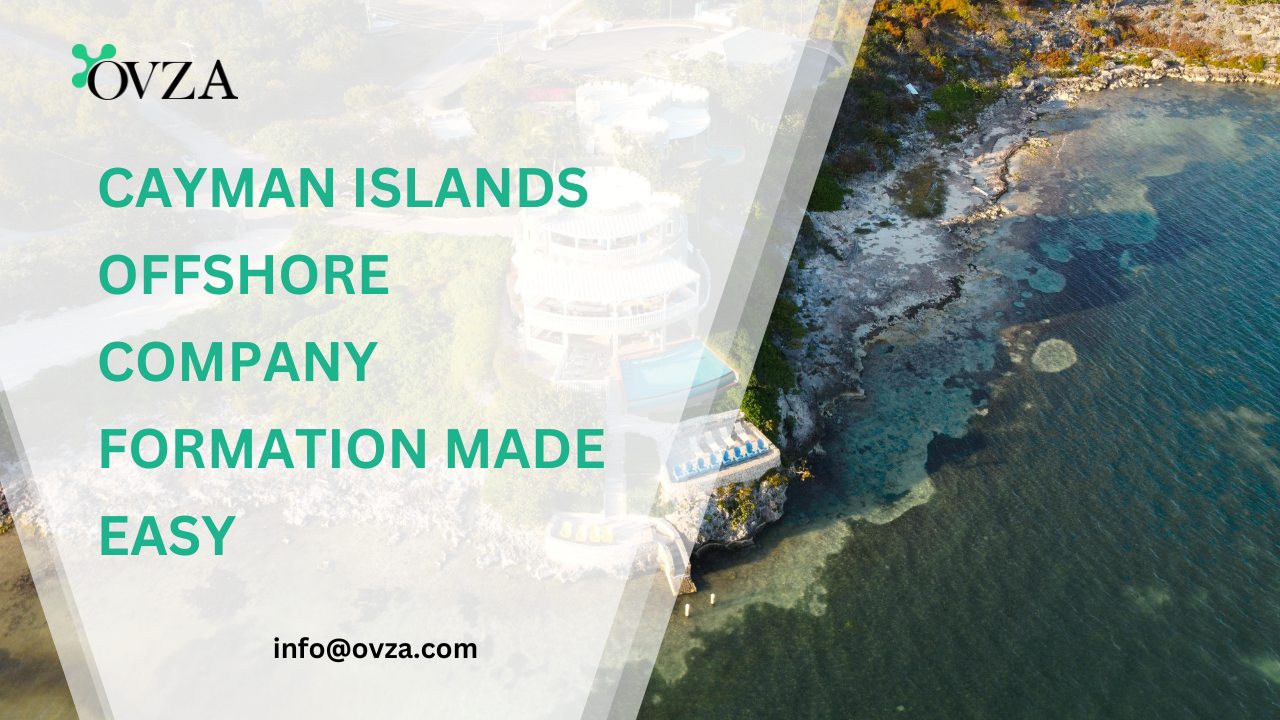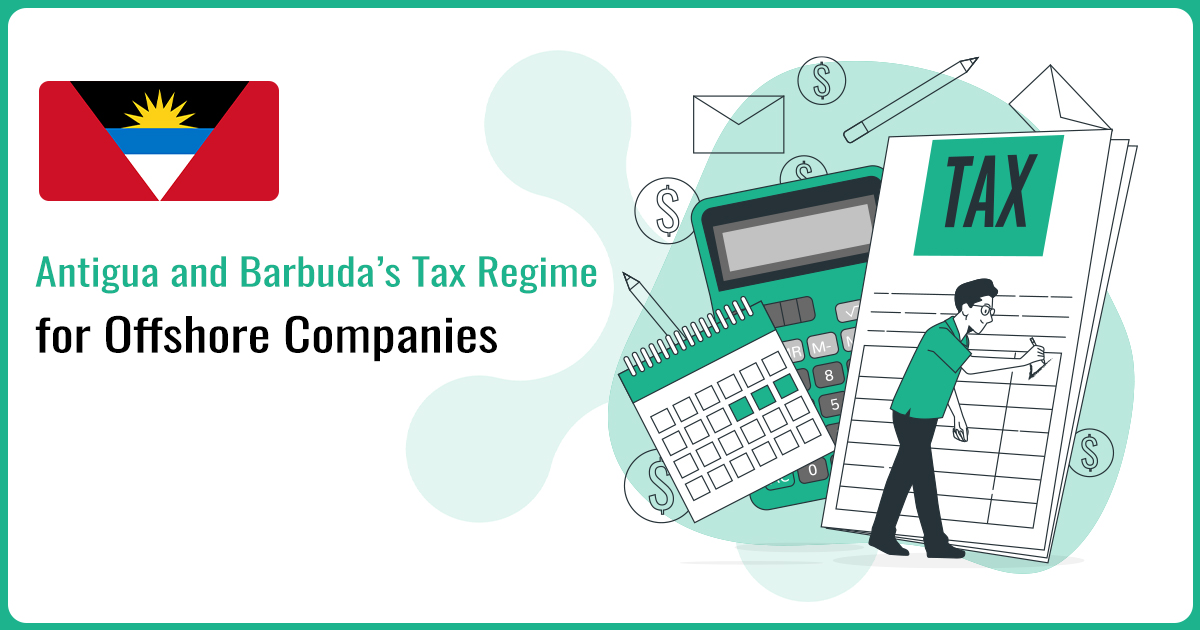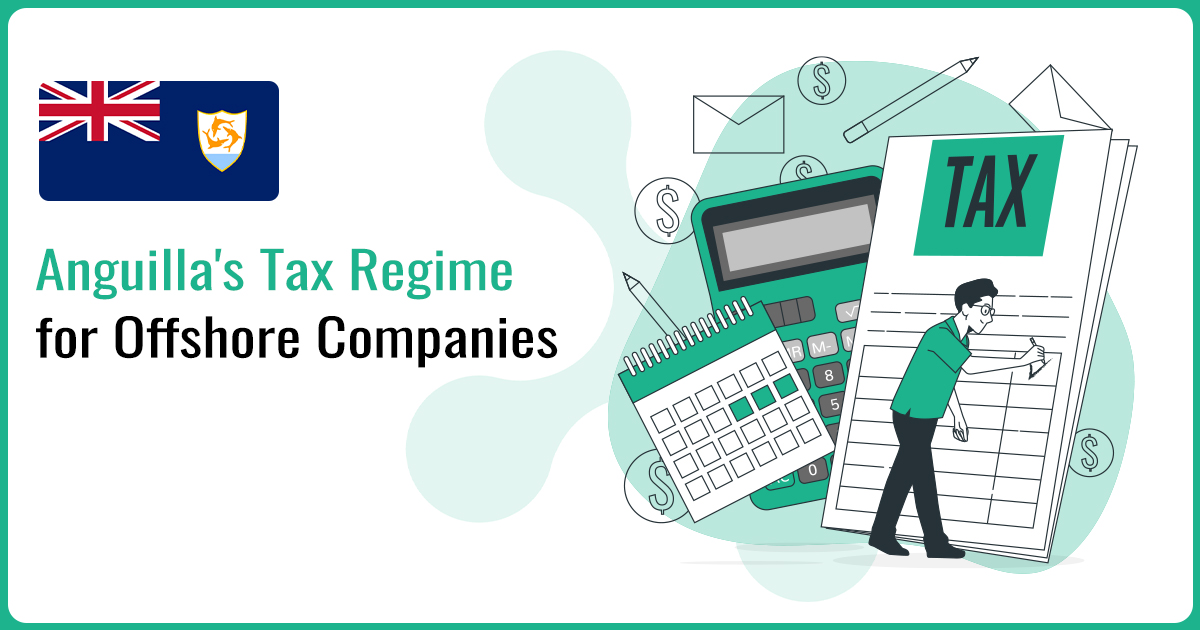One of the most enduring motivations behind offshore strategies for high-net-worth individuals is the need for asset protection. As global litigation risk increases and geopolitical tensions rise, wealthy individuals are turning to international structuring not only for tax efficiency, but for shielding their assets from seizure, political instability, or legal claims. In 2025, this has taken on renewed importance, as courts in several jurisdictions have begun to disregard domestic trusts and pierce local structures more easily. Offshore jurisdictions, by contrast, often offer more robust firewall protections, stronger settlor protections in trust law, and mechanisms to separate ownership from control—especially in places like Nevis, Antigua and Barbuda, and Belize.
The rise of the OECD’s Common Reporting Standard (CRS) means that while the location of the asset may be offshore, the beneficial ownership is likely to be reported to the individual’s home country. Offshore strategies for high-net-worth individuals must therefore strike a balance: they should separate legal control from personal exposure, but not rely on secrecy or concealment.
Succession Planning and Intergenerational Wealth Transfer
Another critical pillar of offshore strategies for high-net-worth individuals in 2025 is succession planning. Offshore structures can play a decisive role in ensuring a smooth and tax-efficient transfer of assets across generations, particularly when families are globally dispersed or hold assets in multiple jurisdictions. Relying solely on domestic wills or probate processes can result in fragmented distributions, forced heirship complications, or excessive estate taxation—especially for individuals with second citizenships or non-resident children.
In response, many high-net-worth families are turning to offshore holding companies, family foundations, and purpose-built trusts to centralize ownership and embed generational governance into their estate plans. These entities not only serve as holding vehicles for global assets—such as real estate, private equity, or business interests—but also enforce succession policies through corporate bylaws or trustee instructions. A properly structured offshore trust can include terms for staggered distributions, control thresholds, and trustee oversight to ensure that wealth is passed down according to the founder’s intent rather than local intestacy rules.
The flexibility of these offshore vehicles also allows for more tailored succession planning, particularly when beneficiaries reside in different tax jurisdictions or legal systems. Offshore strategies for high-net-worth individuals can thus bridge legal mismatches and prevent family assets from being fragmented or taxed multiple times in succession. In high-stakes estates, these structures can function as both legal instruments and family governance tools—providing continuity, oversight, and long-term resilience.
In 2025, however, tax authorities are becoming more aggressive in challenging these succession structures, especially where control is retained informally or where beneficiaries are deemed to have access to assets. Offshore strategies for high-net-worth individuals must therefore include formal documentation, registered trustees, and clearly delineated beneficiary rights. It is no longer sufficient to rely on informal agreements or unwritten expectations. Offshore succession planning must be as professionally constructed as any corporate governance model, with legal enforceability and tax defensibility at its core.
Investment Structuring and Global Access to Markets
A major advantage of offshore strategies for high-net-worth individuals is the ability to structure investments globally without being tied to a single regulatory or tax environment. In 2025, wealthy individuals are increasingly diversifying beyond domestic markets and using offshore companies to access international portfolios, private equity funds, alternative investments, and venture capital ecosystems. By establishing offshore holding entities—typically in jurisdictions such as the British Virgin Islands, Cayman Islands, or Seychelles—investors can centralize control over diverse assets, enter cross-border transactions more efficiently, and preserve flexibility in exit or liquidation events.
Offshore holding companies also serve as a neutral platform when pooling capital with other investors. For high-net-worth families investing through private syndicates or family offices, neutrality is critical. Using a tax-neutral offshore jurisdiction helps avoid complications when participants are resident in different tax regimes. Furthermore, many institutional-grade funds and global investment platforms require that the investing entity be incorporated in a jurisdiction they recognize and are comfortable onboarding. This is another reason offshore strategies for high-net-worth individuals remain essential for those looking to participate in cross-border deals without the friction of conflicting national regulations.
Structuring investments through offshore companies can also simplify tax reporting and asset management—particularly when portfolios are actively traded or span multiple countries. Income streams such as dividends, capital gains, royalties, and interest can be received by the offshore entity in a centralized fashion, subject to applicable withholding tax treaties and local tax rules. However, this type of structuring must be done with close attention to transfer pricing rules, CFC regulations, and reporting standards such as CRS and FATCA. Offshore strategies for high-net-worth individuals must align with both the commercial logic of the investment and the reporting obligations of the beneficial owner.
Residency Diversification and Lifestyle Structuring
In 2025, another increasingly common element of offshore strategies for high-net-worth individuals is residency diversification. Wealthy individuals are not only moving capital internationally—they are also relocating themselves and their families. This is not always motivated by tax, but by broader considerations such as political stability, currency risk, global mobility, access to healthcare and education, and long-term lifestyle planning. Offshore residency programs and second citizenships are now core components of international wealth strategies.
By establishing legal residency in a tax-friendly or tax-neutral country, a high-net-worth individual may be able to restructure their global income profile entirely. Jurisdictions such as the United Arab Emirates, Monaco, Portugal, and certain Caribbean states offer attractive regimes for individuals with significant passive income or investment activity. Paired with proper exit planning from their previous tax domicile, individuals may lawfully reduce their exposure to income tax, capital gains tax, and inheritance tax.
Offshore companies can support this transition by serving as investment vehicles or personal asset managers in the new country of residence. When structured properly, offshore strategies for high-net-worth individuals can integrate tax residency optimization with corporate control, asset continuity, and international compliance. However, this level of planning requires coordination across legal, tax, immigration, and financial disciplines. Without proper sequencing, the benefits of relocating may be offset by exit taxes, CFC exposure, or double taxation issues.
Residency planning is no longer just about passports—it is about jurisdictional alignment. Offshore strategies for high-net-worth individuals in 2025 must recognize that where you live, where you earn, and where you hold your assets are no longer expected to be the same—but they must work together legally.
Best Offshore Jurisdictions for High-Net-Worth Individuals in 2025
When selecting a jurisdiction for wealth structuring, asset holding, or international estate planning, the legal framework and global perception of the jurisdiction matter as much as the tax benefits. Not all offshore jurisdictions are created equal—some are better suited for trusts and private foundations, while others excel in fund structuring or investment holding. The most effective offshore strategies for high-net-worth individuals in 2025 rely on matching the right jurisdiction to the individual’s legal, tax, and operational needs.
Below is a chart comparing the most practical and credible jurisdictions:
| Jurisdiction | Use Case Suitability | Reputation | Substance Flexibility | Tax on Passive Income | Notes |
| British Virgin Islands | Holding companies, trusts | High | Moderate | 0% | Globally accepted; used widely for investment and family structures |
| Cayman Islands | Fund structuring, asset protection | Very High | Moderate to Strict | 0% | Premier choice for institutional wealth and private funds |
| Belize | Private trusts, smaller holding setups | Moderate | Flexible | 0% | Excellent asset protection trust laws; low-cost setup |
| Seychelles | Investment holding, personal accounts | Moderate | Flexible | 0% | Good for compact structures with lighter reporting |
| Nevis | Asset protection, family trusts | Moderate | Flexible | 0% | Strong trust legislation; ideal for shielding personal wealth |
| Marshall Islands | Ship registry, passive holding | Low | Flexible | 0% | Less common but functional for discreet ownership vehicles |
| St. Vincent & Grenadines | Entry-level holding entities | Low | Flexible | 0% | Useful for basic ownership or backup structures |
| Antigua & Barbuda | Trusts and HNW residency programs | Low | Flexible | 0% | Can pair with Caribbean citizenship for mobility planning |
| Samoa | Trusts and regional wealth planning | Low | Flexible | 0% | Niche but functional; used for legacy and inheritance planning |
Conclusion
In 2025, offshore strategies for high-net-worth individuals are no longer defined by secrecy or tax avoidance—they are defined by compliance, structure, and long-term planning. When implemented properly, offshore tools provide legal ways to preserve assets, diversify holdings, plan for succession, and access global markets. The success of these strategies hinges on proper jurisdiction selection, professional oversight, and a willingness to meet reporting and substance requirements.
Offshore structures remain powerful instruments when they serve a valid commercial, investment, or estate planning purpose. The key is to build them with transparency, foresight, and legal integrity.
Disclaimer: The information provided on this website is intended for general reference and educational purposes only. While OVZA makes every effort to ensure accuracy and timeliness, the content should not be considered legal, financial, or tax advice.













